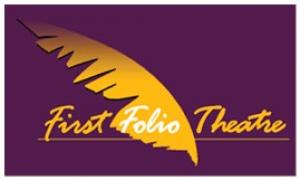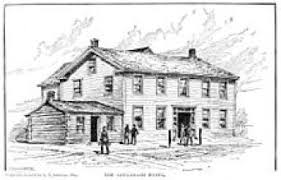
 The first local theater company, the Chicago Theater within the Sauganash Hotel, was established in 1837 by Harry Isherwood and Alexander McKinzie. The bill would change to a different show nightly and the first season lasted about six weeks. In 1838, the theater company moved from the Sauganash to the Rialto, but unfortunately, the theater closed the following year.
The first local theater company, the Chicago Theater within the Sauganash Hotel, was established in 1837 by Harry Isherwood and Alexander McKinzie. The bill would change to a different show nightly and the first season lasted about six weeks. In 1838, the theater company moved from the Sauganash to the Rialto, but unfortunately, the theater closed the following year.
One of the performers at the Chicago Theater was a then nine-year-old boy named Joseph Jefferson, who would grow up to become one of the most successful comedic actors of the time. The Joseph Jefferson Awards, Chicago's highest theater awards, were named after him.
In 1847, John B. Rice built his theater at the corner of Randolph and Dearborn. Rice's Theatre attracted many major actors of the day, including Junius Brutus Booth (John Wilkes Booth's father). Rice sold his theater in 1857 and went on to serve as mayor of Chicago from 1865-1869. James McVicker, an actor and former employee of Rice's, started McVicker's Theater in 1857 and went on to own a chain of theaters around the country.
When the Great Fire of 1871 devastated the city, McVicker and a Scottish-American producer, David Henderson, were instrumental in rebuilding the theater scene. Henderson built the Chicago Opera House, ran several theaters, and produced a series of musicals that not only revived the Chicago stage but turned it into an American theatrical hub into the 1900s.*
*Information from the Encyclopedia of Chicago, "Theater" by Tony Adler.
![]()
